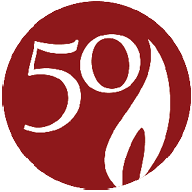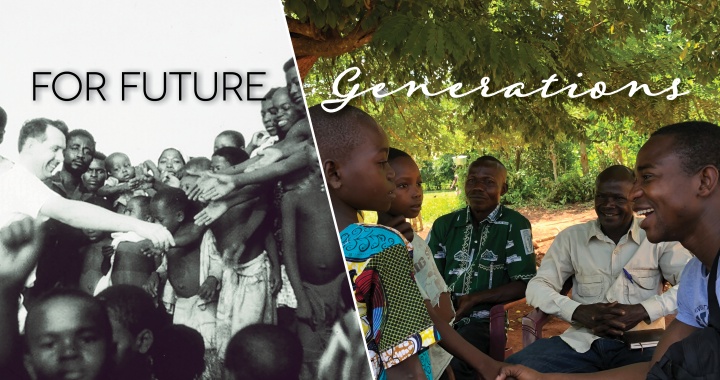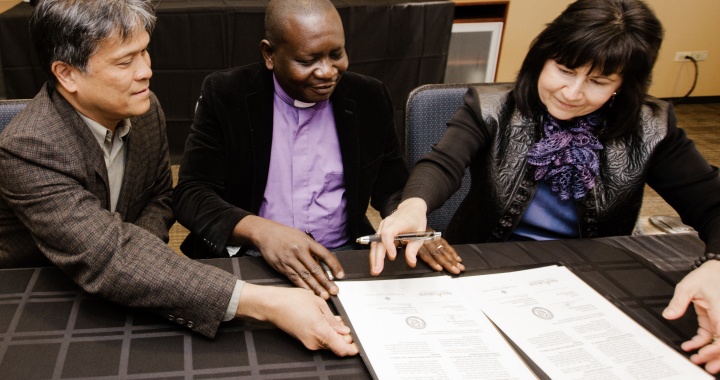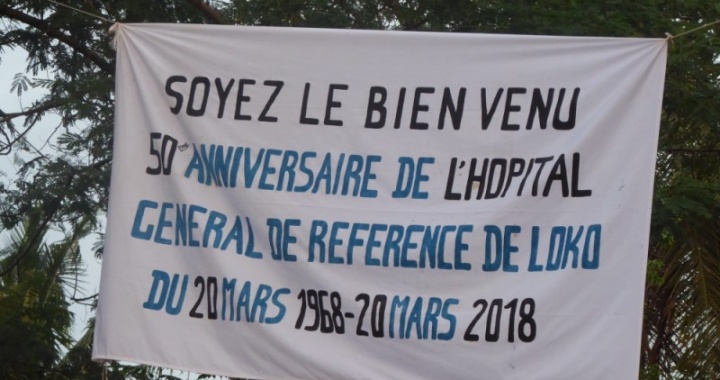 Partners on the Journey: A Special 50th Anniversary Blog Series, Part 5, By Mike Hertenstein
Partners on the Journey: A Special 50th Anniversary Blog Series, Part 5, By Mike Hertenstein
Togetherness has a way of bringing out our best and worst, both community and conflict. It’s complicated – balancing unity and diversity, identity and otherness, without falling into Us vs. Them. The complexities multiply with power politics: Sunni vs. Shiite, Serb vs. Croat, Hutu vs. Tutsi. From their arrival in Africa, Europeans imposed their categories on the peoples they met – “Congolese,” “nationals,” “natives,” “blacks”), as did missionaries, who in turn ended getting lumped together by these non-European peoples as “whites,” “colonialists,” and “Christians.”
Gradually, the “nationals” realized that the whites had tribes, too, not least the missionaries. The Evangelical Free Church planted the Ubangi mission, ceded it to the Evangelical Covenant Church, to form the Mission Evangelique de l’Ubangi (MEU). Locals had to try and understand differences between these, and with the Mission Covenant, or the Lutherans, or the Catholics.
Gradually, too, the newcomers realized that this was a land of hundreds of ethnic groups, each with its own language, culture, history, worldview. These were driven together in the center of the continent fleeing slavers, another tension spark. A large majority of the first MEU converts, meanwhile, tended to come from a single tribe, inevitably creating tensions with others.
Everybody learned more about one another – languages, cultures, histories – and themselves. The Congolese peoples grew in local, ethnic, racial, even national consciousness. Missionaries realized, too late, certain long-term problems come of identifying too closely with the colonials. With independence came chaos and various efforts, brutal, ultimately, to contain internal diversity within a single nation –amid Cold War tribalism and neo-colonialist factioning. The MEU would eventually split along the lines of the early missions, some to the Evangelique de l’Ubangi-Mongala (CEUM) affiliated w/ECC, some to Communaute Evangélique du Christ en Ubangui (CECU), with the EFC. These divisions, much modified, continue today.
Today, in a “postcolonial” era, the problems of unity vis-à-vis diversity is a continuing challenge we all clearly share. Learning from one another – listening – we proceed carefully, with humility and faith.


